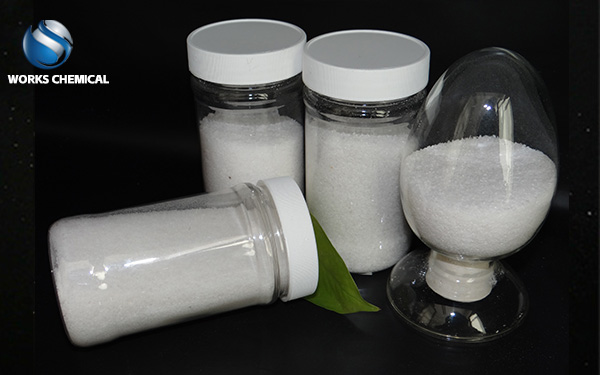
In the selection of municipal sludge treatment agents, it is necessary to consider the properties of sludge, treatment objectives and economic benefits. The following are some agents suitable for municipal sludge and their characteristics:

Polyacrylamide (PAM) :
Type: PAM can be divided into cationic, anionic and non-ionic, among which cationic PAM (CPAM) is suitable for municipal sewage with high organic matter content.
Function: PAM can make the suspended substances in sewage flocculate through electric neutralization and bridge adsorption, which is conducive to the dehydrating treatment of sludge.
Applicability: Applicable to municipal sewage, food processing, printing and dyeing, paper making, animal husbandry sewage and other organic sewage.
Note: The appropriate PAM type (such as high Yang, medium Yang, low Yang) and the appropriate concentration and dosage should be selected according to the organic matter content of the sludge.
Polyaluminum chloride (PAC) :
Function: PAC, as a commonly used flocculant, can promote the particles in the sludge to condense into larger clumps, and speed up the sedimentation and dehydration of the sludge.
Applicability: PAC is widely used in urban water supply, drainage, chemical industry, coal washing, petroleum, medicine, printing and dyeing, battery, electroplating and other industries.
Features: Flocculation precipitation speed is fast, the erosion effect on pipeline equipment is small, the water purification effect is obvious, can effectively remove heavy metal ions such as color in water.
Sludge conditioner:
Function: The sludge conditioner can change the surface structure of the sludge, reduce the solid surface load of the sludge, reduce the specific surface area of the sludge, destroy the bacterial structure, and contribute to the dewatering treatment of the sludge.
Applicability: Widely used in life, printing and dyeing, paper making, electroplating, chemical industry, leather and other industries.
Note: The appropriate type of conditioner should be selected according to the nature of the sludge, and the amount of its addition should be controlled to achieve the best conditioning effect.
pH regulator:
Function: It is used to adjust the pH value of the sludge to make it in the appropriate range, which is conducive to the degradation and subsequent treatment of the sludge.
Note: Commonly used pH regulators are sodium hydroxide and sulfuric acid, etc. It is necessary to choose the appropriate type and amount of regulators according to the pH value of the sludge.
In summary, in the selection of agents for the treatment of municipal sludge, factors such as the nature of sludge, treatment objectives and economic benefits should be considered comprehensively. Polyacrylamide (PAM), polyaluminum chloride (PAC), sludge conditioner and pH regulator are commonly used agents, but the specific choice of which agent is more suitable needs to be evaluated and tested according to the actual situation. At the same time, when using the agent, it is also necessary to pay attention to control the amount and concentration of its addition to achieve the best treatment effect.